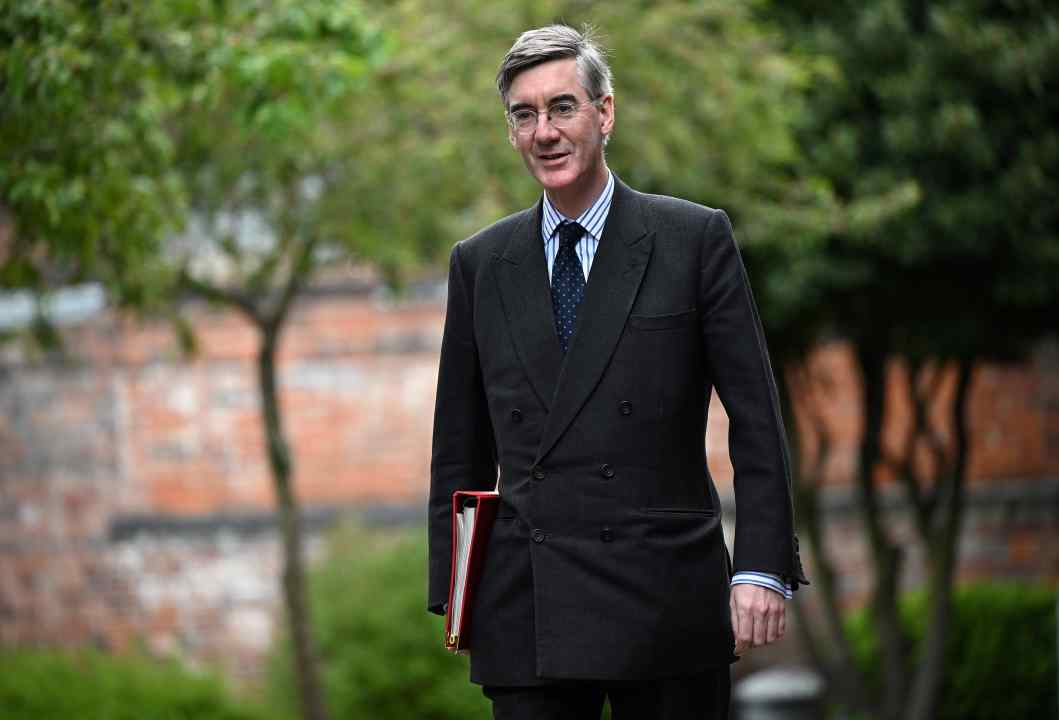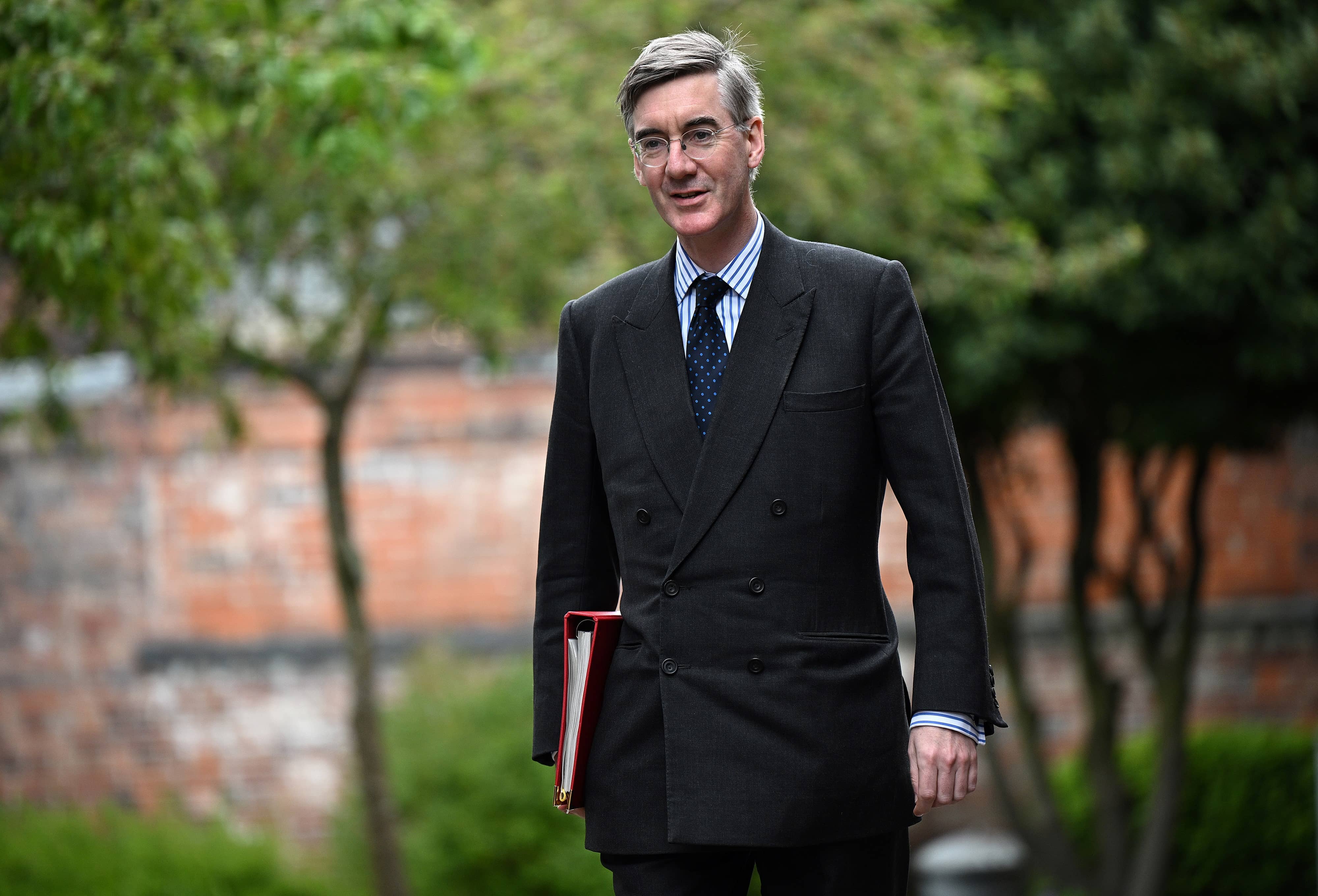Jacob Rees-Mogg’s war on Whitehall continues apace. The Minister for Brexit Opportunities and Government Efficiency has embraced his new role with relish, firing off notes to officials refusing to return to the office and launching his new ‘EU law dashboard’. But it’s his intention to trim the size of the state which has caused most upset among the Sir Humphreys of SW1, with Rees-Mogg pledging to cut the civil service headcount back to where it was before the pandemic.
That would mean 91,000 job cuts: a figure that was briefed to the Daily Mail, which splashed on the story on Friday 13 May. This announcement, via the media, angered many mandarins across Whitehall. Those running departments rushed out messages to apologise to staff for how the news had come out, and admit they didn’t have details yet as to where the axe would fall.
It appears that some civil servants though were so angry about the news that they decided not to wait for redundancy. Instead, more than 250 quit from five government departments in the immediate week following the announcement, according to a series of Freedom of Information requests sent by Mr S. Between 13 and 20 May, some 255 staff handed in their resignations at the Treasury, Foreign Office, Ministry of Defence, the Ministry of Justice and the Department for the Environment.
The MoJ claimed however that ‘the number of resignations is not statistically significant in this period and is in line with a department of 90,000 staff.’ Jacob Rees-Mogg’s own officials at the Cabinet Office meanwhile blocked the request on the grounds that it will be released at a later date.
Some within Whitehall fear that the government’s cuts to the civil service will lead to a ‘brain drain’ of talent to the private sector and could prompt industrial action. Mark Serwotka, head of the Public and Commercial Services (PCS) union, which represents about 180,000 public sector workers, has suggested the civil service has now reached the ‘tipping point’ of national strike action being realistic.
Responding to Steerpike’s figures, a PCS spokesperson said:
The government treats civil servants, the people who kept the country running during the pandemic, with contempt, so is it any surprise morale is at rock bottom? Many civil servants are leaving their jobs rather than put up with a heavier workload with fewer resources and below-inflation pay increases.
One official who quit the civil service in disgust told Mr S:
These figures are really unsurprising. Civil servants have worked relentlessly to deliver Brexit, tackle Covid and deal with crisis after crisis, and to have it politically briefed that their jobs are at risk is a kick in the teeth. The most highly performing civil servants will leave as they can get better paid private sector jobs, leaving a lower skilled and worse performing service.
That briefing to the Mail followed an earlier speech at the Institute of Economic Affairs made by Simon Clarke, the Chief Secretary to the Treasury. He told his audience that that the number of civil servants is ‘impossible to justify long-term and something we’re determined to reverse.’
One official who is presumably safe from the axe though is, er, Clarke’s own partner who, according to the register of ministerial interests, currently works as a ‘civil servant at 10 Downing Street.’
Talk about effective intergovernmental relations.
This article is free to read
To unlock more articles, subscribe to get 3 months of unlimited access for just $5








Comments
Join the debate for just $5 for 3 months
Be part of the conversation with other Spectator readers by getting your first three months for $5.
UNLOCK ACCESS Just $5 for 3 monthsAlready a subscriber? Log in